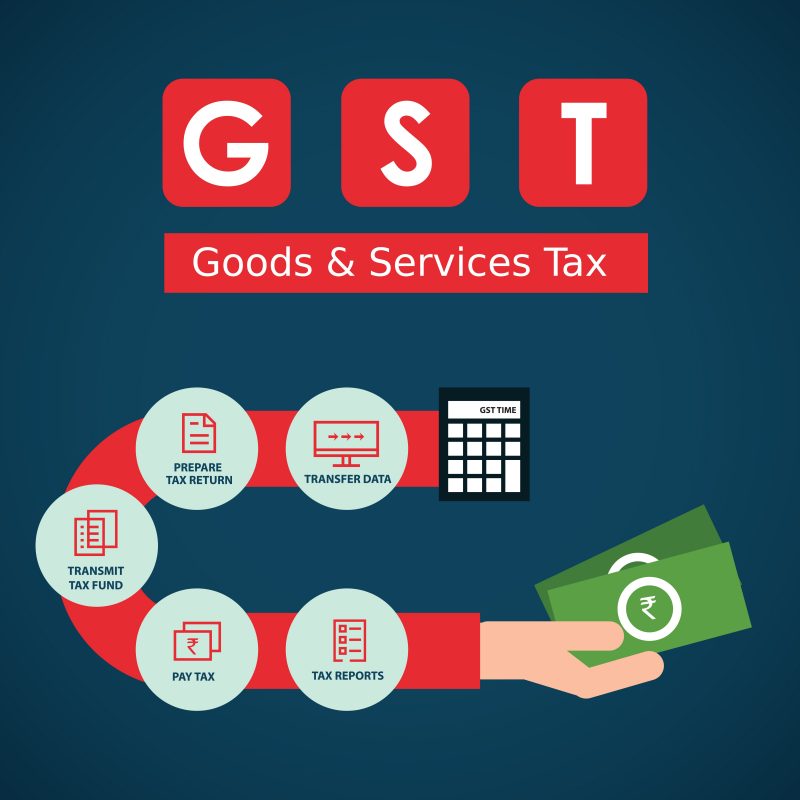Ever since the State of Jammu and Kashmir was reorganised as Union Territories (J&K and Ladakh) in October 2019, several Indian legislations have undergone amendments. The Goods and Services Tax (GST) is one such law.
The law now lays down a transitional plan to be followed till 31 December 2019 to allow a smooth migration for the taxpayers of the erstwhile State of Jammu and Kashmir. Since there will be an administerial shift between two UTs, taxpayers happening to fall under one jurisdiction before may now happen to fall in a different domain and perhaps in a separate Union Territory as well. Hence, it becomes imperative for taxpayers who were earlier registered in J&K to know the tax implications.
The transition plan applies to those persons whose principal place of business was in J&K till 30 October 2019 and continues to be so in either of the Union Territories from 31 October 2019 onwards.
Their tax periods for October 2019 and November 2019 will differ from the rest of India. The October 2019 tax period will be from 1 October 2019 till 30 October 2019. The November 2019 tax period ranges from 31 October 2019 till 30 November 2019. Hence the taxpayers of this region should be careful to consider data for the above period while filing GST returns.
Also Read: India’s 1st GST conference: GST revenue leakage tops the discussion
The tax to be declared and paid through GSTR-3B shall be irrespective of the tax amounts shown in the invoices raised between 31 October 2019 to 31 December 2019. This implies that any adjustments can be allowed in GSTR-3B.
Further, such taxpayers are allowed to transfer the input tax credit available under GSTIN registered under the erstwhile State of J&K to the new GSTIN now logged in either of two UTs.
For this purpose, three conditions need to be satisfied. Firstly, the taxpayers must inform of the transfer to the jurisdictional officers of both the erstwhile State of J&K as well as newly formed Union Territories as may be applicable.
Secondly, the proportion of transfer must be based on the ratio of the turnover earned in each of the Union Territories. Lastly, the transfer must be indicated by filing in the GSTR-3B of any tax period of November 2019 or December 2019, debiting ITC in the transferor’s electronic credit ledger and crediting the transferee’s electronic credit ledger.
The State taxes will be converted to Union territory taxes from 31 October 2019. All such taxpayers are relieved from compulsory registration if they make interstate supplies till 31 December 2019. Thereafter, no such relaxation will apply.
For any clarifications/feedback on the topic, please contact the writer at annapoorna.m@cleartax.in
Annapoorna, popularly known as Anna, is an aspiring Chartered Accountant with a flair for GST. She spends most of her day Singing hymns to the tune of jee-es-tee! Well, not most of her day, just now and then.





